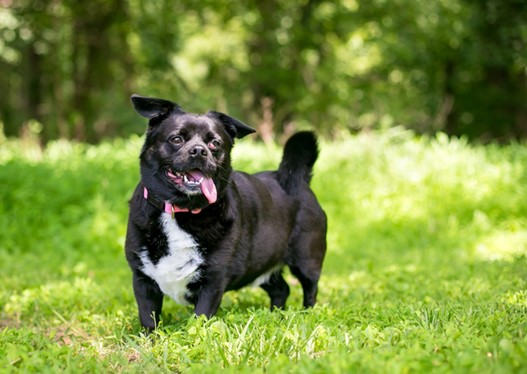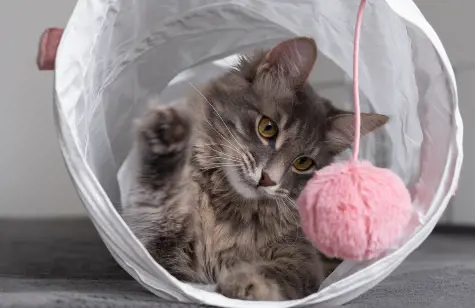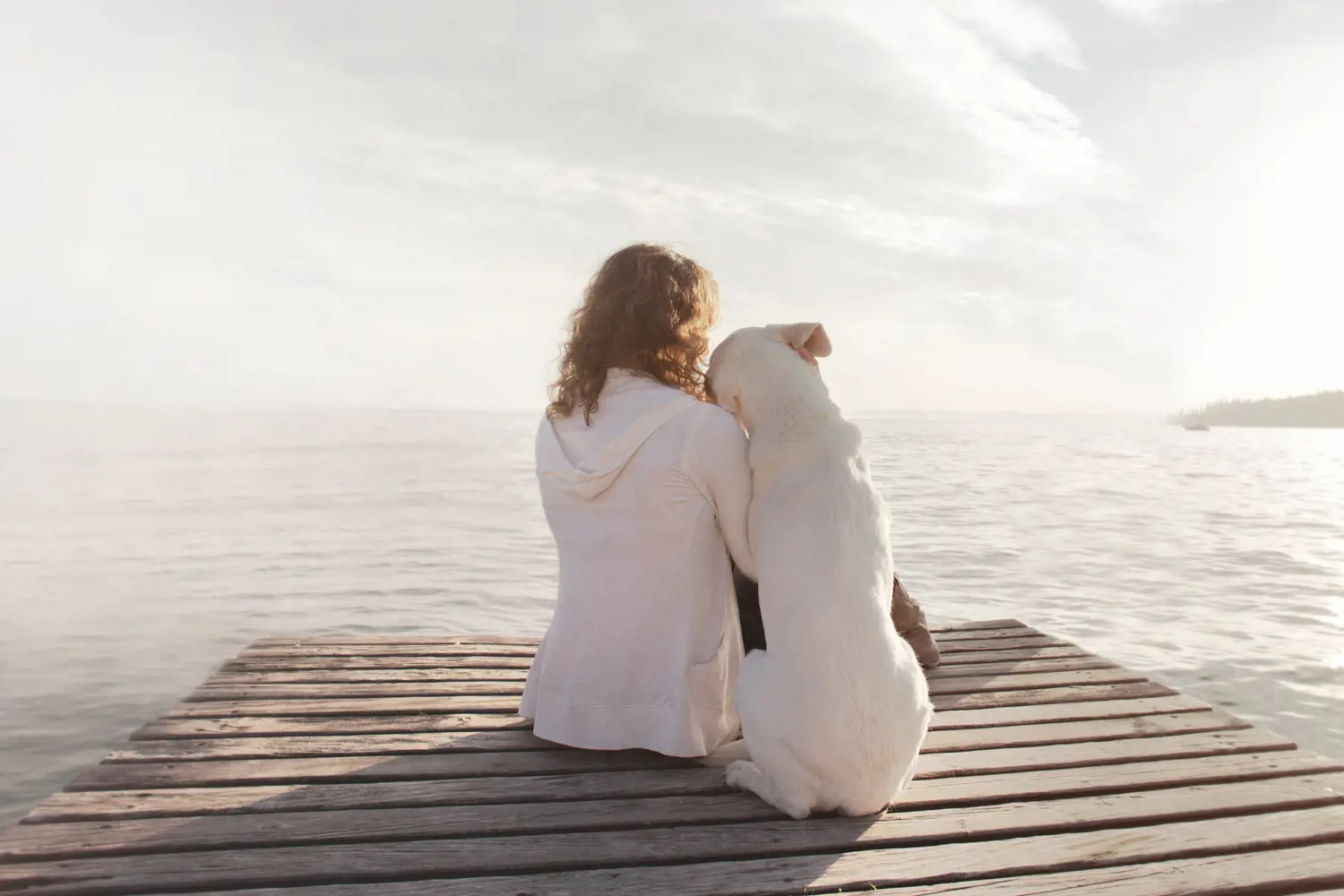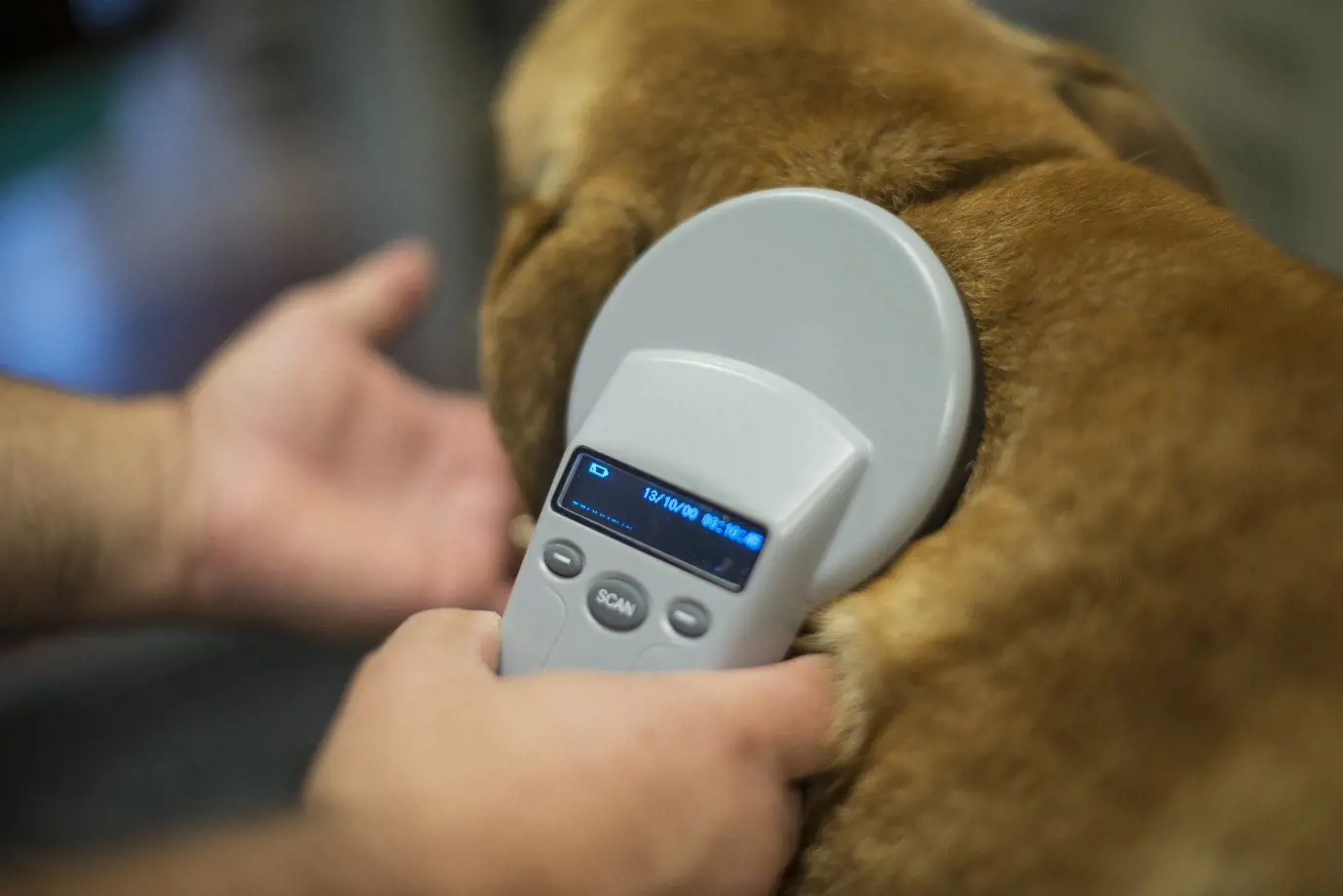Which dog breeds are most at risk of 'cherry eye'?
16th February, 2022

Certain breeds of dog, including English Bulldogs and popular crossbreeds, are up to 34 times more likely than other breeds to suffer from ‘cherry eye’, new research shows.
Clinically known as prolapsed nictitating membrane gland, cherry eye is a result of the gland inside the third eyelid becoming swollen and red, covering part of the eye.
If left untreated, the condition can cause discomfort and lead to complications such as dry eye, conjunctivitis and eye ulceration, according to the Royal Veterinary College (RVC). Most dogs with cherry eye need surgery to reposition the affected gland.
A study by the RVC shows that around one in every 500 dogs in the UK suffer from cherry eye every year. The average age at first diagnosis of was 0.6 years.

Compared with crossbred dogs, the breeds with the highest risk of cherry eye included Neapolitan Mastiff (x 34.3), English Bulldog (x 24.1), Lhasa Apso (x 12.4), American Cocker Spaniel (x 11.6), Puggle (Pug x Beagle) (x 9.5), Great Dane (x 6.2), Saint Bernard (x 5.3) and Jug (Jack Russell Terrier x Pug) (x 5.2).
Some breeds showed reduced risk compared with crossbred dogs, including German Shepherd Dog (x 0.03), West Highland White Terrier (x 0.06), English Springer Spaniel (x 0.07), Labrador Retriever (x 0.12) and Lurcher (x 0.12).
The findings have been published in the journal PLOS One.
“Given that humans designed dog breeds in the first place, we all carry a heavy responsibility to constantly improve our designs to breed away from poor health for these dogs,” said Dr Dan O’Neill, Associate Professor in Companion Animal Epidemiology at the RVC and lead author of the paper. “The hugely increased risks of cherry eye in popular flat-faced breeds such as English Bulldogs suggests that we have some way to go before we can consider many flat-faced breeds as designed for optimal health.”
O’Neill added: “The findings from this study will hopefully help prospective owners make better informed choices when purchasing a dog. We urge all would-be dog owners to follow advice from the UK Brachycephalic Working Group to ‘stop and think before buying a flat-faced dog’.”
If you’re concerned about your dog’s eye health, consult your vet for advice.
Dogs are part of the family, so make sure you can provide them with care they need to make a swift recovery if they fall sick or get injured with dog insurance from Purely Pets.
Helpful Pages
Recent Posts
Pet Insurance Quote
- 98% claims paid *
- Claims paid directly to vets
- 24/7 vet video consultations
- Interest free monthly payments




